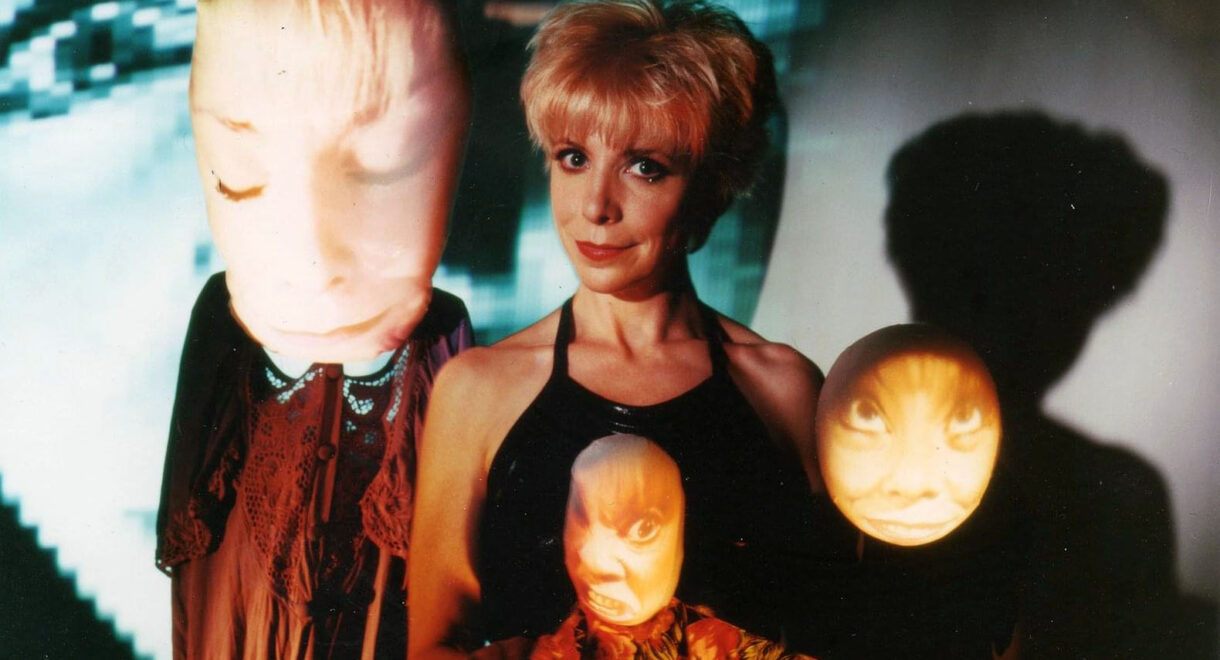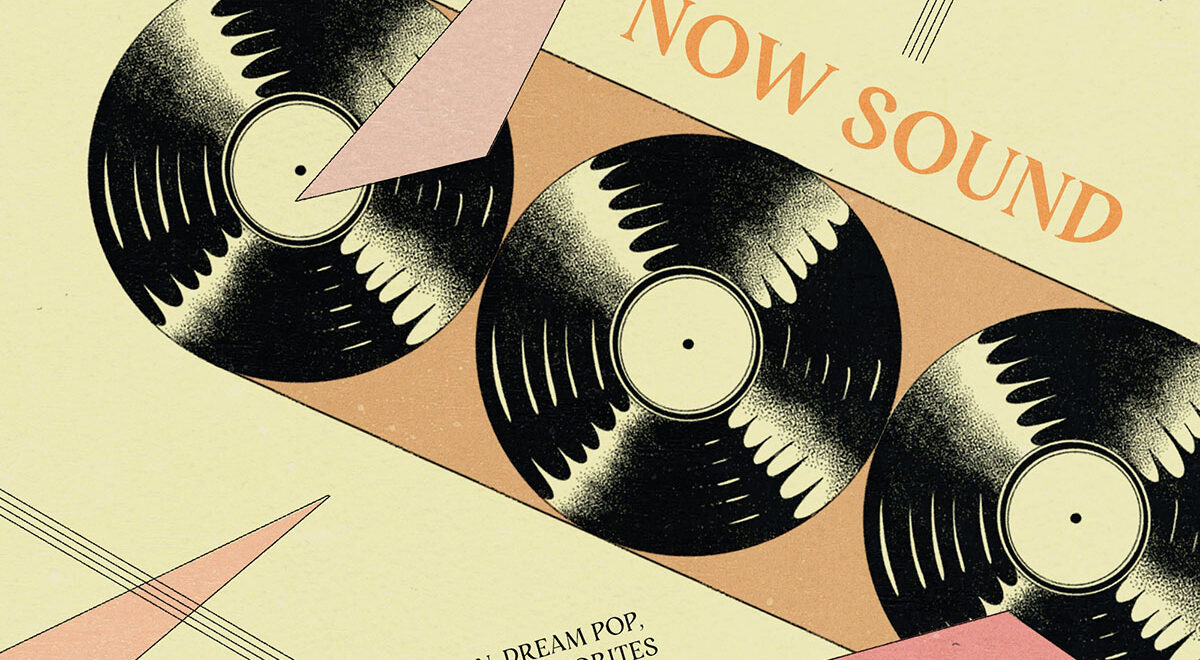Music for after after hours from cult favorite Japanese dream pop duo Sugar Plant, sometimes referred to as “Psychedelic Sade.” With the POiSON GiRL FRiEND hype reaching a […]
Serpentskirt: Cantopop star Faye Wong meets the Cocteau Twins

Looking back at an iconic moment from the ’90s when dream pop made its way to Hong Kong…
With shoegaze and dream pop going off in TikTok land, we thought we’d take a look at one of the more peculiar moments of the genres’ storied past. 1993: Scottish dream pop pioneers Cocteau Twins are in a particularly turbulent period of their careers. Singer Elizabeth Frasier and guitarist Simon Guthrie have ended their 13-year long relationship; Guthrie enters rehab and Fraser undergoes psychotherapy. The band’s seventh album Four-Calendar Café is released to moderate chart success.
A world away, Chinese Cantopop diva Faye Wong is dealing with a transitionary period herself. Unhappy with the direction of her musical career, Wong releases her own seventh album 胡思亂想 (Random Thoughts) in 1994, taking inspiration from an unexpected place: the British Isles. A significant departure from her previous releases which largely kept in line with the ubiquitous sound of Cantopop (romantic ballads and uninspired covers of foreign hit songs), the album featured an entirely new rock-oriented sound, vocal style, and covers of the Cocteau Twins and The Cranberries.
Those tracks would be featured prominently in Wong Kar-Wai’s 1994 masterpiece Chungking Express along with Faye Wong herself as the star actress opposite leading man Tony Leung. The film would lead to a brief moment when dream pop took over the airwaves in Hong Kong…
“When we heard them we were actually quite impressed. Usually the Cocteau’s covers bands don’t quite get it, so it was a nice surprise, and instrumentally they even sounded like they had worked hard to get it right.”
Simon raymonde (Cocteau Twins)
The story doesn’t end just there. Faye Wong and Cocteau Twins would actually link up and work together (distantly) on a number of releases. In an interview with Little White Lies, Cocteau Twin’s bass guitarist and keyboard player Simon Raymonde reflects on that time and how their later collaborations with Faye Wong came about:
“I was a massive film buff – we all were. Wong Kar-Wai was somebody who was being talked about a lot, and we’d all seen Chungking Express and thought it was brilliant. When the possibility [of collaborating with Faye Wong] was mentioned, there was a recognition there because of the film and how good it was. It was the film that sparked our interest in doing it.”
Continuing on in an interview for Lajabor:
“We heard from Mercury that a big Asian rock star had covered some songs of ours, so we just asked them to try and get us copies. Then when we heard them we were actually quite impressed. Usually the Cocteau’s covers bands don’t quite get it, so it was a nice surprise, and instrumentally they even sounded like they had worked hard to get it right. On a whim we thought it might be cool to try and actually try to do something together, so we made a few polite enquiries. In the end we were not able to persuade the powers that be to invest in anything too exciting so we decided we would send her a couple of the forthcoming album tracks from “Milk & Kisses” and see if she fancied doing some more vocals for the Mercury Asian release. She did a grand job and what she did we used!”
For folks who don’t speak Chinese, Wong’s vocals will come across much like Fraser’s obscured lyrics. In an interview from 1997 titled The Many Faces of Faye Wong (1997), Faye Wong talks about her approach to singing, which also seems to quite match the ethos of the Cocteau’s:
“I think singers can treat their voice as instruments… For me, music is an image. Lyrics are not important. If music itself conveys messages, lyrics are unnecessary. Though I don’t try to get rid of lyrics.”
faye wong
Below, a playlist of all the tracks from the great meeting of Cocteau Twins and Faye Wong. Some tracks feature the Cocteau’s on production (like the amazing “分裂”) while others are Wong’s versions of Cocteau Twins tracks. We recommend listening to them all…











